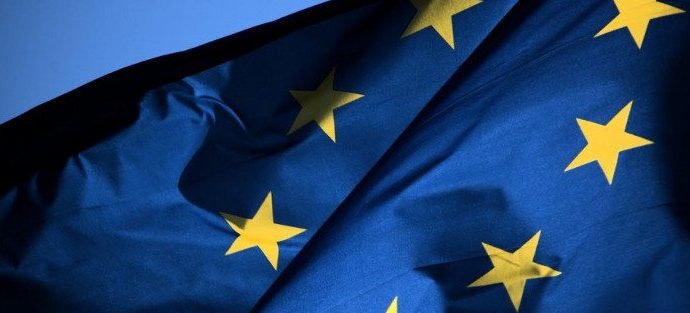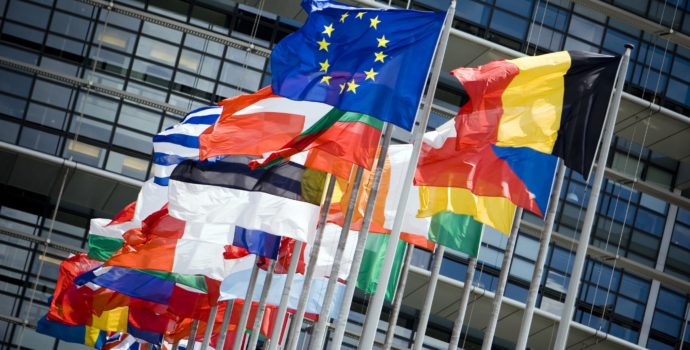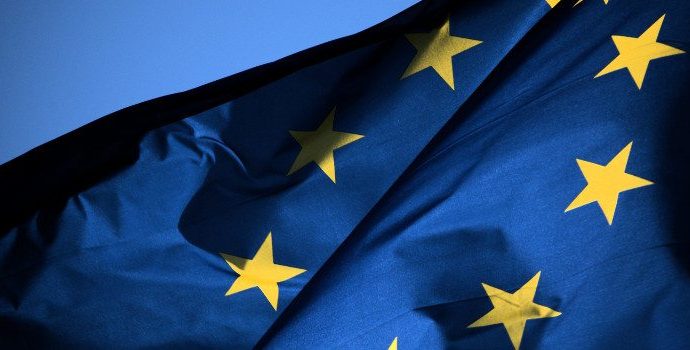European Commission Daily News 17th Ma

COLLEGE MEETING: The European Commission today proposes to create a digital green certificate to facilitate free and safe movement in the EU during the COVID-19 pandemic
The European Commission is now proposing to create a digital green certificate to facilitate safe free movement in the EU during the COVID-19 pandemic. This certificate will prove that a person has been vaccinated against COVID-19, tested negative or has recovered from COVID-19. It will be available free of charge, in electronic or hard copy form. It will include a QR code to guarantee its security and authenticity. The Commission will set up a ‘gateway’ system to ensure that all certificates can be verified across the EU; it will support the Member States in the technical implementation of the certificates. It will still be up to Member States to decide which public health restrictions can be lifted for travelers, but they will need to apply these relaxations in the same way to travelers with a digital green certificate. A press release, a question-and-answer document and a fact sheet are available online.
EU, Norway and the United Kingdom conclude key fisheries arrangements on North Sea
The trilateral arrangement between the EU, the United Kingdom and Norway on jointly managed fisheries stocks in the North Sea for 2021, signed yesterday, establishes the total allowable catches (TAC) and quota sharing covering over 636,000 tonnes of fish. In parallel, the EU and Norway have concluded bilateral consultations for the shared stocks in the North Sea, Skagerrak and quota exchanges. Commissioner for Environment, Oceans and Fisheries Virginijus Sinkevičius said: “I am pleased that we were able to reach agreements with Norway on one side, and Norway and the United Kingdom on the other, which allow European fishermen to restart fishing in the North Sea, Skagerrak and Kattegat for many stocks that we share with these two countries. As always for the catch limits we have followed scientific advice, so that fishing activities happen in a sustainable manner allowing for stocks to recover and remain in good health. We also agreed to continue implementing additional measures, in particular to protect adult and juvenile cod.” Following the departure of the United Kingdom from the EU, after two months of negotiations, the three parties signed yesterday an agreement, allowing for the joint management of the following stocks: cod, haddock, saithe, whiting, plaice and herring. The agreement on quotas for 5 out of these 6 stocks have been set at maximum sustainable yield (MSY) levels, in line with the scientific advice from the International Council for the Exploration of the Seas (ICES). The three parties have also agreed to cooperate on monitoring, control and surveillance, organised in a trilateral setting for the first time. Additionally, the EU and Norway also signed yesterday three bilateral agreements relating to the quota exchanges and reciprocal access in the North Sea, and to the pelagic stocks. Both parties have thus renewed the arrangement on reciprocal access for the jointly managed stocks in the North Sea. On of those bilateral arrangements relates to the setting of the total allowable catches (TACs) and quota sharing for Skagerrak and Kattegat for cod, haddock, whiting, plaice, pandalus, herring and sprat, as well as the bilateral reciprocal access in the area. The agreements reached today will enable the much anticipated restart of the EU’s fishing operations in Norwegian waters, and vice-versa, which had been partially discontinued since 31 December 2020. More information is in the press release.
Read the European Commission Daily News in full here.



